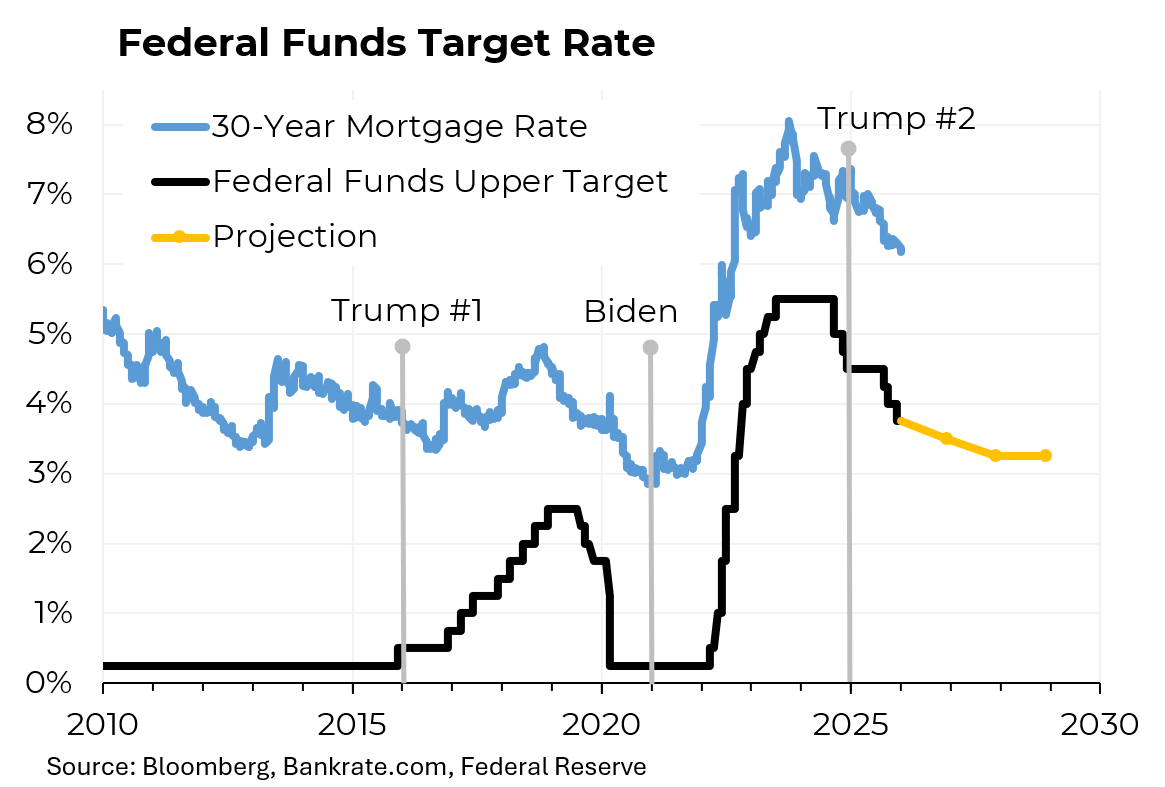Republicans are rushing to defend Bain Capital’s use of offshore tax vehicles, but in fact, they were against them before they were for them.
It was not long ago that at least some Republicans were stridently opposed to their use. In particular, Senator Chuck Grassley of Iowa led a fight in 2010 to block the confirmation of Jeffrey Goldstein as Undersecretary of the Treasury for domestic finance because his former firm, Hellman & Friedman, employed this common practice.
“The only real difference that I hear between investing in the Cayman Islands and investing in the United States, or the only way that the Cayman Islands investments are superior, is the possibility of avoiding U.S. tax,” Mr. Grassley pronounced.
Mr. Grassley was so successful that Mr. Goldstein was never confirmed; the President had to use his recess appointment power to install him in his post.
Mr. Grassley is not alone among Republicans in his aversion to the offshore vehicles. For example, also in 2010, three other Republican Senators (and Mr. Grassley) attacked the Boys and Girls Clubs for putting $54 million into six offshore accounts.
The objection of these Senators was to the fact that among other things, offshore vehicles can be used to shield non-profit institutions in the United States from a requirement to pay tax on income from businesses unrelated to the non-profit purpose of the institution, known as “unrelated business income tax.”
However, in addition to the hypocrisy embedded in the Republicans’ position, they are wrong on the merits of their objection to this aspect of the practice. As a matter of fundamental principle, colleges and foundations are not expected to pay taxes on the income from investing their endowment funds. But without the ability to use offshore entities (and a related vehicle known as a “blocker corporation”) to shield income from certain types of investments, they would be forced to pay taxes on this income. That’s an unfair inconsistency.





